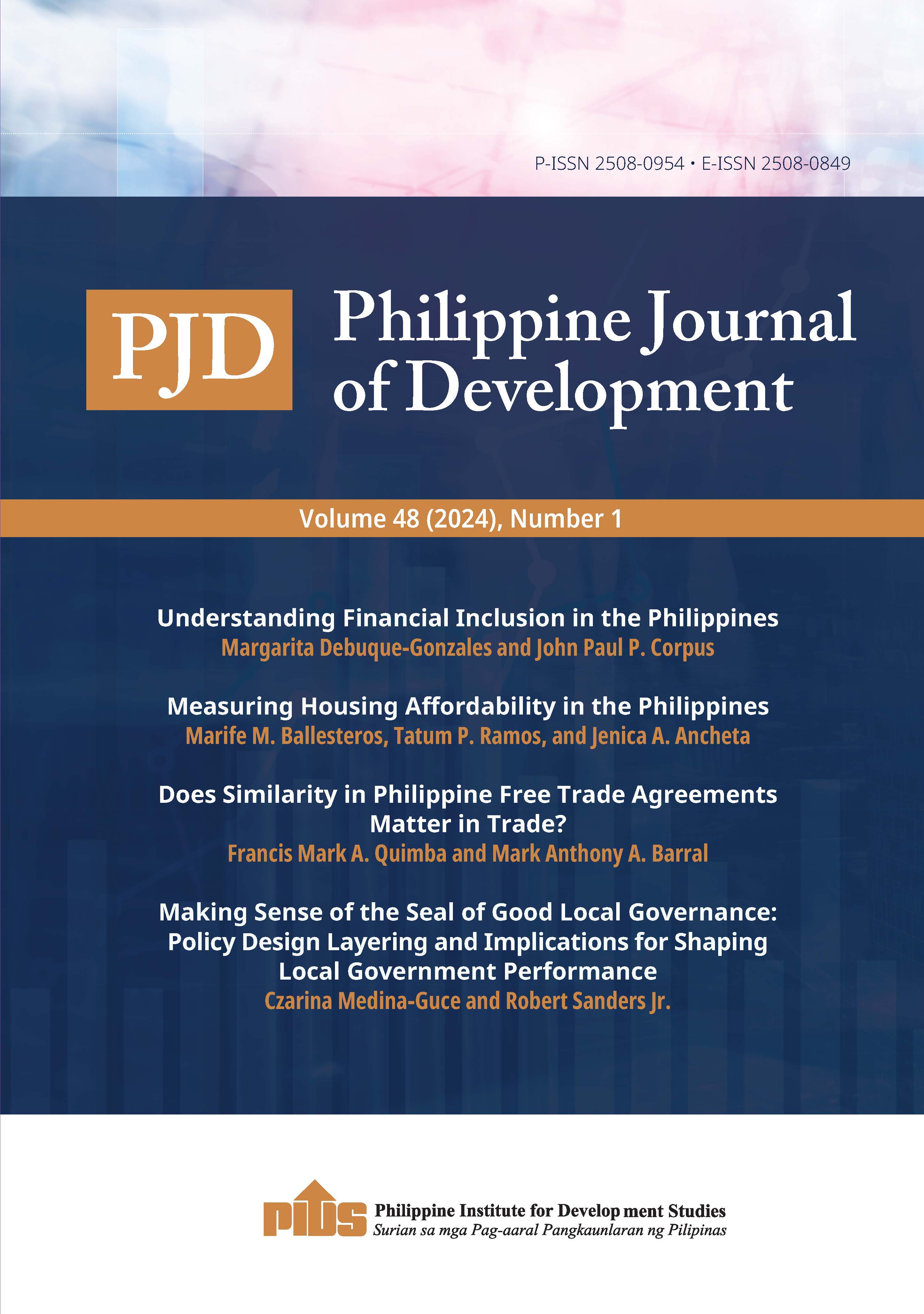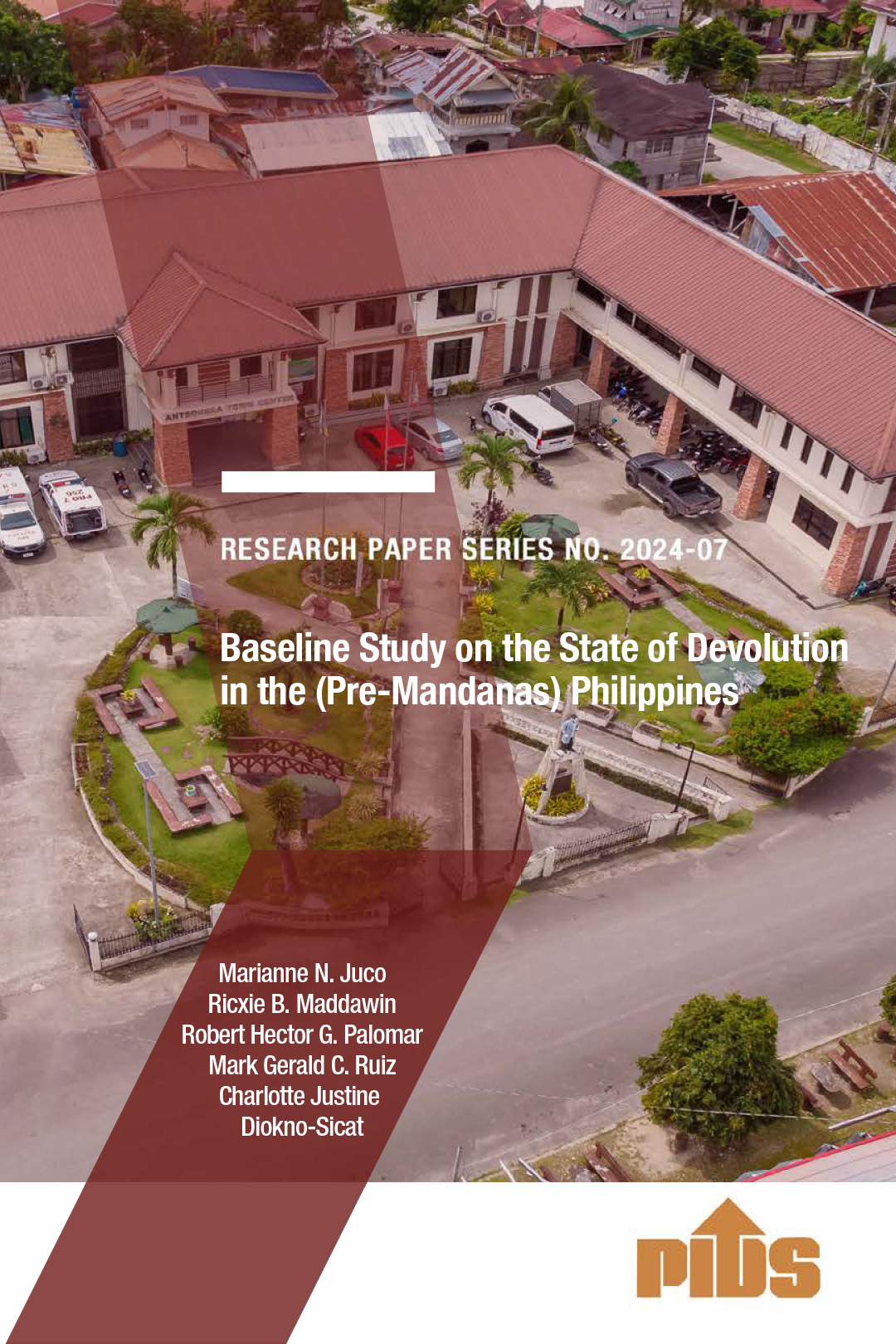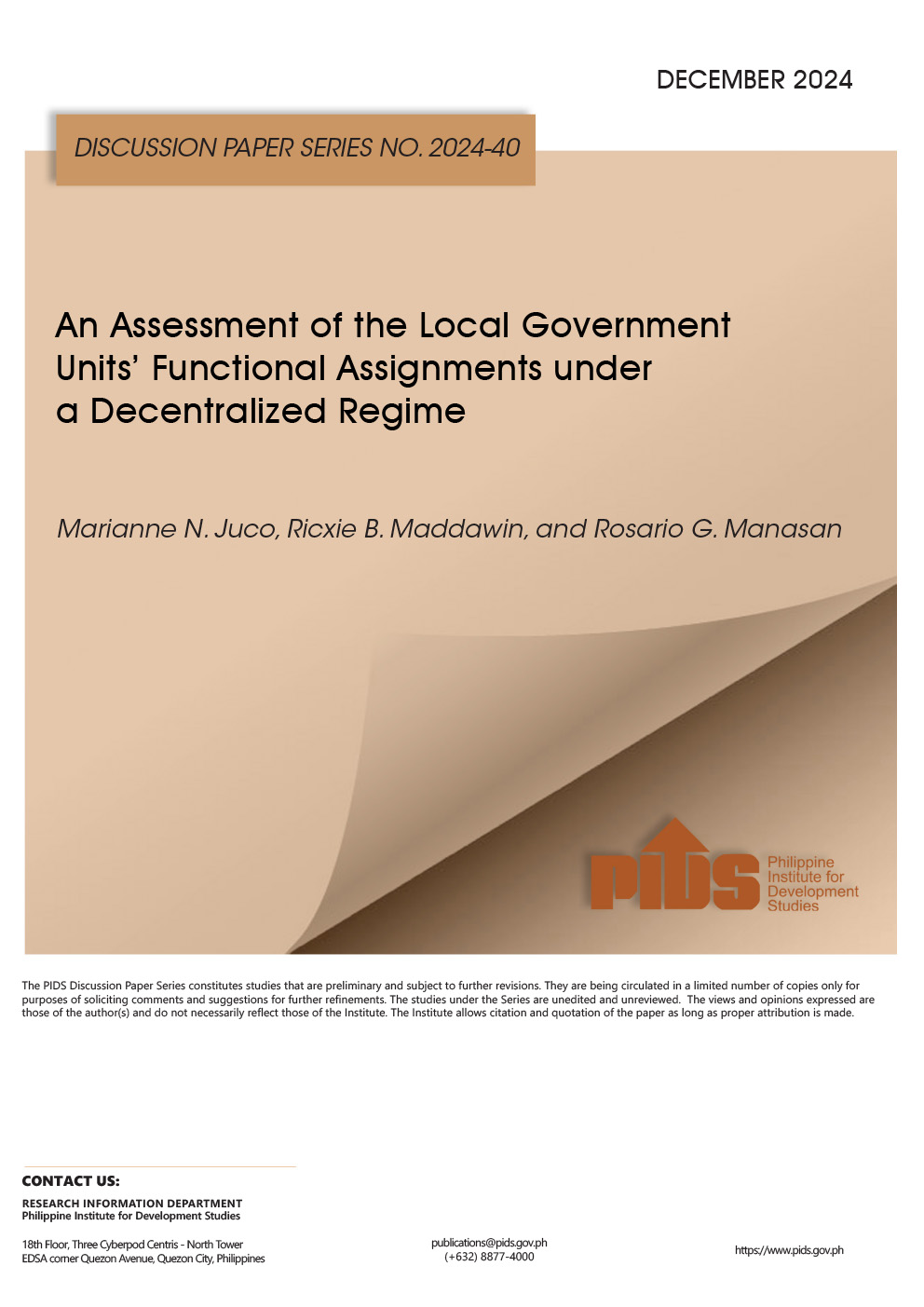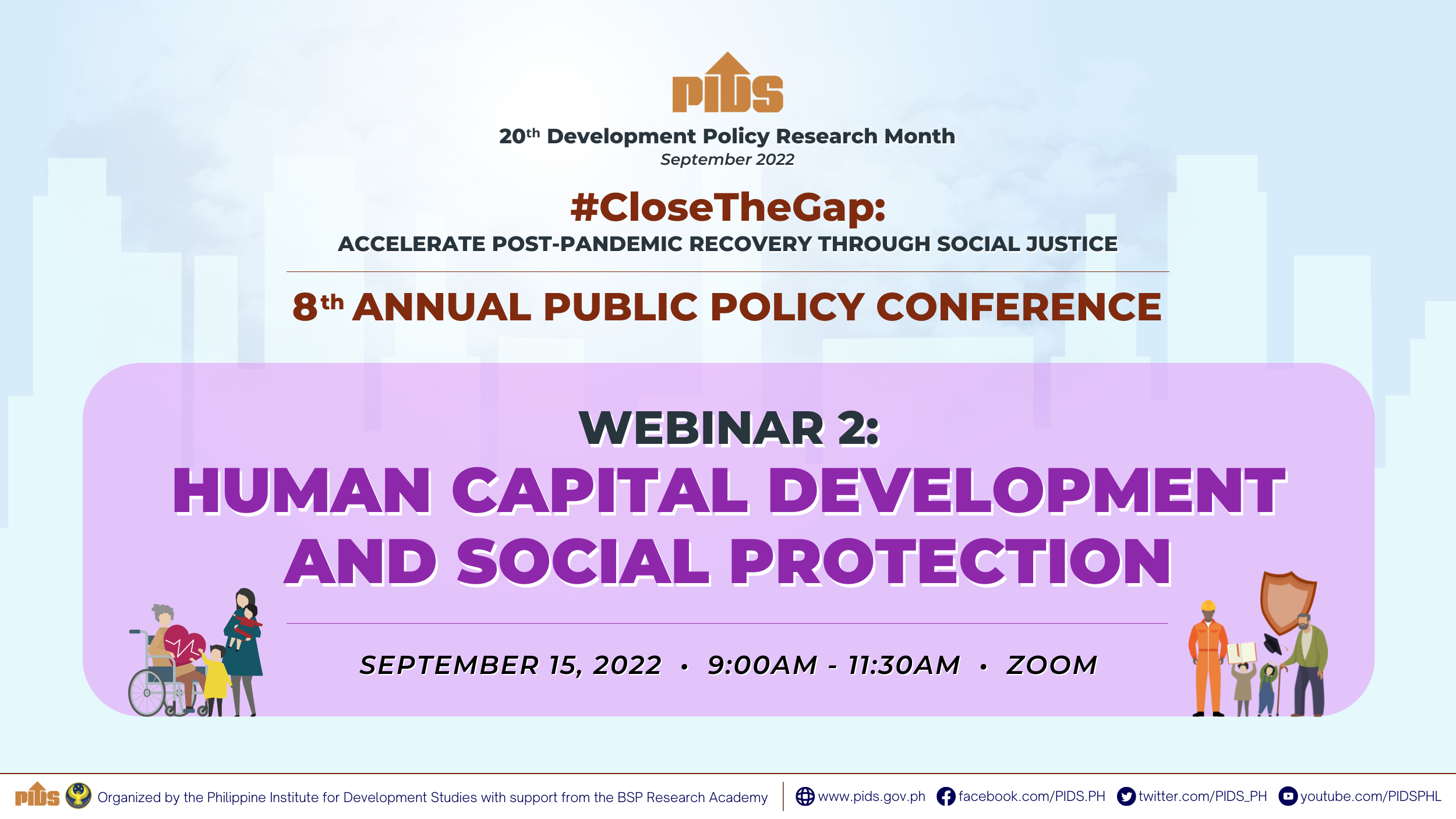
Experts at the recently concluded conference on regulation and governance in the Philippines organized by state think tank Philippine Institute for Development Studies and Canberra-based Australian National University (ANU), highlighted the importance of having responsive regulations that respect human rights.
In her presentation, titled “What regulatory rights do states owe their citizens in the 21st century?”, Prof. Veronica Taylor of ANU, emphasized that having responsive regulation that respects human rights is everybody’s business, stressing that civil society organizations, the business sector, and other nongovernment stakeholders should work together to ensure that nobody’s right is violated.
“Civil society and nongovernment actors are important in nudging or sharply reminding governments about the limits of their capacity and what it is that citizens are owed,” she explained.
According to Taylor, there are two forms of regulations that predominate today in modern economies—the risk-based regulation, where government promises to keep its citizens safe by using its superior power, and the responsive regulation, which aims to regulate the lives of its people in ways that are legitimate and responsive to their preferences and needs.
“The next-generation regulations are responsive regulations. They are less costly, less coercive, and more respectful. It is also more legitimate given that citizens are able to argue about injustice. Since coercion comes after dialogue, we can say that it is also procedurally fair and will more likely lead to compliance,” Taylor explained.
According to Taylor, government can be responsive to how effectively citizens or corporations regulate themselves before deciding whether to escalate intervention. She added that the state and civil society must share the responsibility of enforcing regulations. As an example, Taylor cited the case of Grab that has already been co-formulating regulations in some Southeast Asia countries by sharing its technologies with regulators in managing and tracking drivers’ violations, among other things.
On the other hand, she referred to the Philippine government’s war on drugs as the direct opposite of a responsive regulation. According to Taylor, the government spends so much time, effort, and resources on this campaign. She added that it is also illegitimate given that it comes with no prior effort at persuasion or dialogue.
“This is an example of a regulatory failure which has a continuing reputational costs to the current administration,” Taylor explained.
In the same session, Dean Jose Diokno of the De La Salle University College of Law lamented that the present government’s war on drugs has “supplanted justice from the courts with justice from the barrels of guns”.
“(The) war on drugs has created a mutant police force that compiles names of alleged drug personalities instead of gathering evidence for prosecution and conviction. And when the legal system suffocates and dies, as it did during the Marcos dictatorship, the only form of government capable of maintaining order is an authoritarian government,” he cautioned.
According to Diokno, the rule of law and human rights are vital in building accountable leadership. He emphasized that genuine accountability can only be achieved if there is respect for the rule of law and human rights.
“Like it or not, the country appears to be moving in the direction of lesser accountability and greater authoritarianism. There is still time, however, to stop the train and put it back on the right track,” he concluded. ###
In her presentation, titled “What regulatory rights do states owe their citizens in the 21st century?”, Prof. Veronica Taylor of ANU, emphasized that having responsive regulation that respects human rights is everybody’s business, stressing that civil society organizations, the business sector, and other nongovernment stakeholders should work together to ensure that nobody’s right is violated.
“Civil society and nongovernment actors are important in nudging or sharply reminding governments about the limits of their capacity and what it is that citizens are owed,” she explained.
According to Taylor, there are two forms of regulations that predominate today in modern economies—the risk-based regulation, where government promises to keep its citizens safe by using its superior power, and the responsive regulation, which aims to regulate the lives of its people in ways that are legitimate and responsive to their preferences and needs.
“The next-generation regulations are responsive regulations. They are less costly, less coercive, and more respectful. It is also more legitimate given that citizens are able to argue about injustice. Since coercion comes after dialogue, we can say that it is also procedurally fair and will more likely lead to compliance,” Taylor explained.
According to Taylor, government can be responsive to how effectively citizens or corporations regulate themselves before deciding whether to escalate intervention. She added that the state and civil society must share the responsibility of enforcing regulations. As an example, Taylor cited the case of Grab that has already been co-formulating regulations in some Southeast Asia countries by sharing its technologies with regulators in managing and tracking drivers’ violations, among other things.
On the other hand, she referred to the Philippine government’s war on drugs as the direct opposite of a responsive regulation. According to Taylor, the government spends so much time, effort, and resources on this campaign. She added that it is also illegitimate given that it comes with no prior effort at persuasion or dialogue.
“This is an example of a regulatory failure which has a continuing reputational costs to the current administration,” Taylor explained.
In the same session, Dean Jose Diokno of the De La Salle University College of Law lamented that the present government’s war on drugs has “supplanted justice from the courts with justice from the barrels of guns”.
“(The) war on drugs has created a mutant police force that compiles names of alleged drug personalities instead of gathering evidence for prosecution and conviction. And when the legal system suffocates and dies, as it did during the Marcos dictatorship, the only form of government capable of maintaining order is an authoritarian government,” he cautioned.
According to Diokno, the rule of law and human rights are vital in building accountable leadership. He emphasized that genuine accountability can only be achieved if there is respect for the rule of law and human rights.
“Like it or not, the country appears to be moving in the direction of lesser accountability and greater authoritarianism. There is still time, however, to stop the train and put it back on the right track,” he concluded. ###












